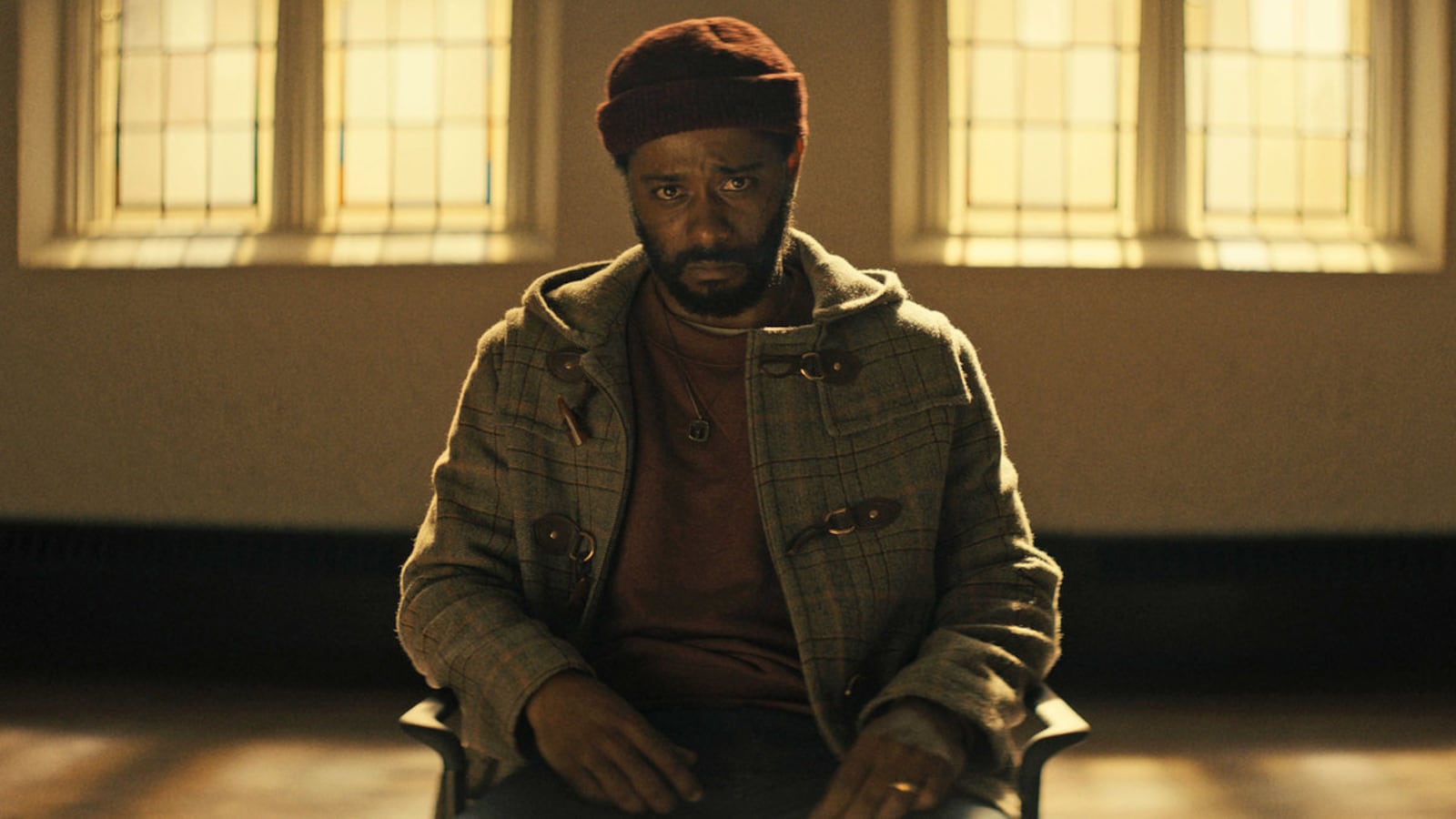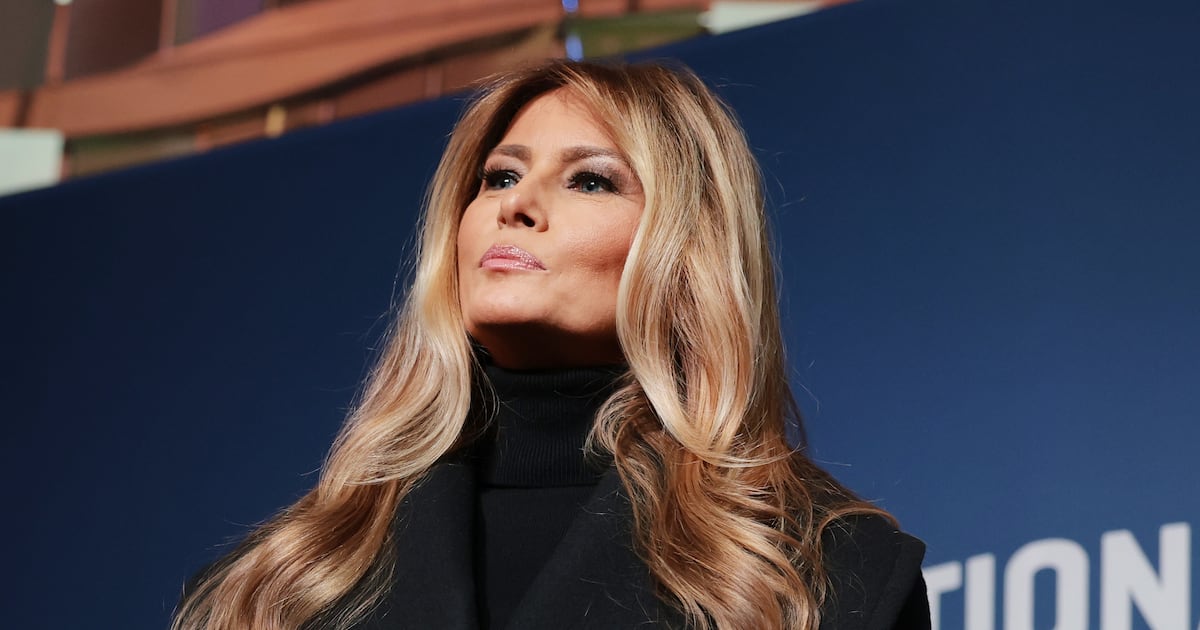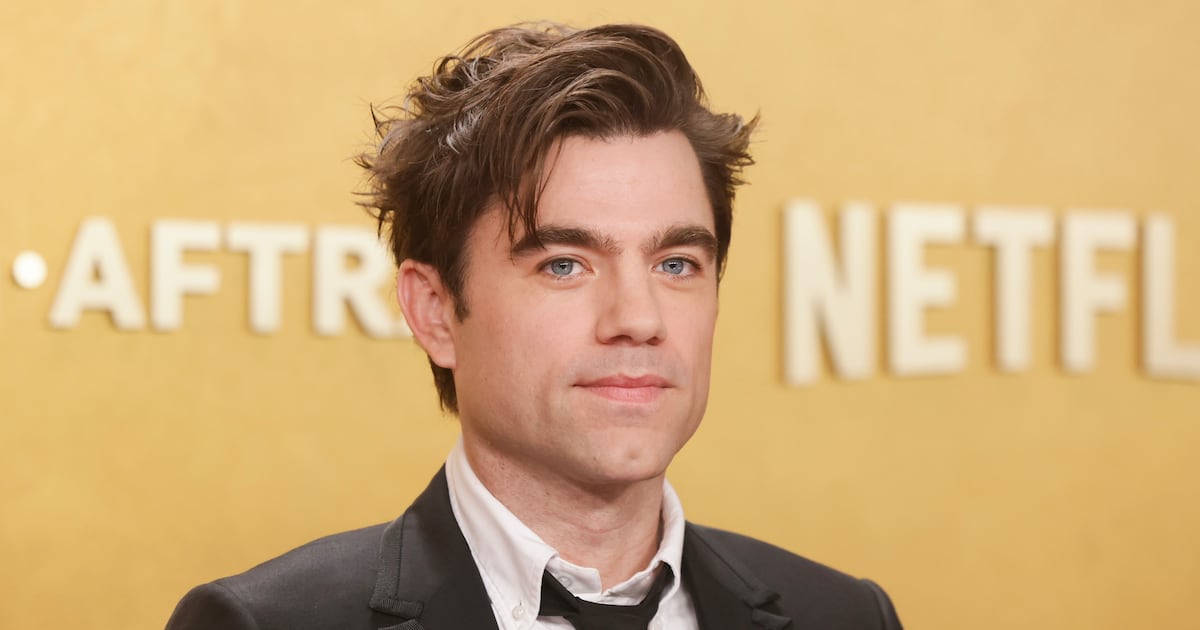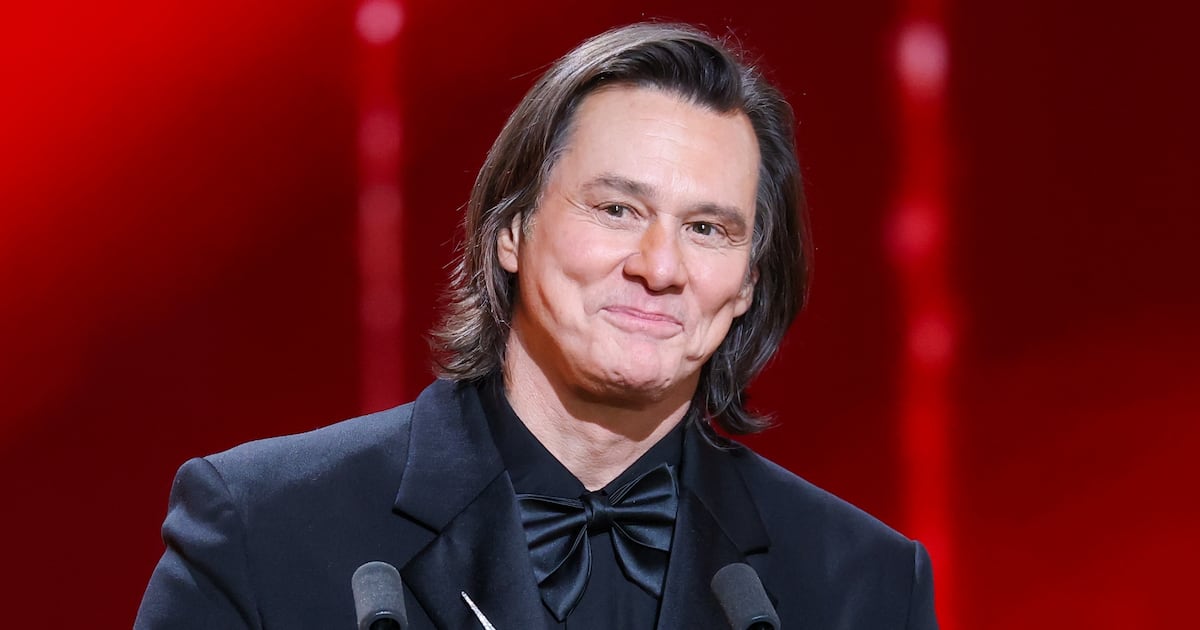Human beings are rife with desire. We often wish for things so hard that they seem to happen, which we label “manifestation,” a more willful terminology used to give ourselves all of the credit. “You manifested it!” we say to our friends after they spend years actively working toward a goal—less manifestation than cultivated effort. Sometimes, we spend years so caught up in our desires that once they come to fruition, we forget to proceed with caution, jumping headlong into pleasure without considering the consequences that may be hiding on the fringes.
The differing natures of wishes and fate creep throughout The Changeling, the new horror-mystery epic that premieres Sept. 8 on Apple TV+. The series functions like a fairytale, dusting off the lessons from old children’s books intended to teach kids the distinction between right and wrong, choice and restraint. The Changeling, however, is not your average children’s fable. Based on the 2017 novel by Victor LaValle, the show is an exceedingly dark and macabre twist on a fairytale love story—more Hans Christian Andersen (and, at times, H.P. Lovecraft) than Walt Disney.
But while trying to study what hand humans play in our own destinies, the series gets too caught up in existential questions. The Changeling desperately wishes to be one thing—a generation-spanning saga detailing the limits of free will versus fortune—and comes close to it. Despite that proximity, the show is so bogged down by its own ambition and endless ostentation that it’s destined for a different fate: squandering its immense promise under the weight of stylish, well-acted hubris.
The series opens with one of its many fantastical images: an old ship being tossed on roiling seas, trying to make safe passage to a better world. “Tell me your journey, each of you,” a voice narrates. “Tell me your life’s voyage and I will tell you who you are.” If you’ve got your captions on, or if you happen to stay for the end credits, you’ll note that the narration is done by LaValle himself, retelling his novel for the televised medium. It’s a neat Easter egg for fans of the book, but quickly becomes one of the series’ many monotonous tricks, recycled to the point of exhaustion and temple-rubbing irritation.

Clark Backo in The Changeling.
Christos Kalohoridis/Apple TV+LaValle reminds us once more that this story is no ordinary fairytale, and we’re finally treated to our first glimpse of Apollo (LaKeith Stanfield), who is both this fantasy tale’s main character and its saving grace. Apollo is a rare bookseller, who searches the Dewey-Decimaled catacombs of historical New York buildings and rummages through estate sales looking for his next big find. At a New York Public Library branch, he meets and falls in love with Emma (Clark Backo), a reserved but intriguing librarian. Their meet-cute echoes that of Apollo’s parents, whom we briefly encounter in flashbacks, suggesting that this is a love story written in the stars—and thus, neither Apollo nor Emma has any control over what will happen next.
Though the premiere covers a breadth of narrative ground, it’s nothing compared to what The Changeling traverses across its entire first season. Apollo and Emma’s passionate relationship quickly results in Emma’s pregnancy, a lifelong wish of hers that turns out far from what she expected. Emma’s intense hope for a child and the stable family that she never had pushes her to ignore the warnings of locals she meets while on a backpacking trip across the world. It’s on that journey where she encounters a mystic who will change the course of her and Apollo’s lives.

Clark Backo and LaKeith Stanfield in The Changeling.
Eddy Chen/Apple TV+Though it may sound like the beginning of some version of Rapunzel or Rumpelstiltskin, The Changeling is far more grisly and lurid than either of those two tales. Just when you might think you’ve pinned down where the show is going, an episode will twist its form or cut from a scene just as we’re about to learn a long-promised bit of critical information. While that’ll no doubt compel some viewers—and the episodes do a solid job of encouraging audiences to see what will happen next—it’s sure to irk just as many. The premiere episode sets the series up with more than enough intrigue (something too few series openers understand how to do anymore), but what follows is an increasingly arduous exercise in good-faith viewing.
Sticking with the season would be a much loftier task if it wasn’t for Stanfield and Backo, who are alright in their shared scenes, but crackle with undeniable intensity when the series focuses solely on their characters. Stanfield, particularly, is a knockout; he gives an effervescent, urgent performance—just as good (hell, maybe even better) than his standout efforts in Atlanta and Sorry to Bother You. Along with Backo, Adina Porter is cast perfectly opposite Stanfield as Apollo’s mother, Lillian, who scorches the screen with an intensity to match all of her burning secrets.
But stellar lead performances are not enough to support a series of this magnitude. While its sprawling nature is impressive—I often found myself wondering just how long it took location scouts to nail down the right atmosphere for some scenes—the series is hindered by that same enormous scope. When The Changeling introduces a surreal style on top of that, things quickly start to buckle. No amount of lens flares and dreamy, blurred edges can conceal the fact that the show is way too long and overwritten, when two episodes could easily be shaved off to make for a much more efficient viewing experience.

LaKeith Stanfield in The Changeling.
Apple TV+The Changeling is hopelessly full of itself from the jump, without a clear justification for all of that arrogance other than its magnificent cast of actors. It’s as if the series is taking big, grandiose swings to try to distract viewers from the answers lying right in front of them. If you don’t know what a “changeling” is, it’s a fancy word that here means “big spoiler alert” in huge, red letters. This is Apple TV+’s second show in only a few months that hides its plot twists in plain sight, despite stringing viewers along for more than half the season before supplying any answers.
If its perplexing nature were leading up to a big payoff, it would be much easier to excuse The Changeling’s wearying vanity. But, by the season’s end, there are not that many surprises after all. What we see is what we get. And though what we’re treated to is nice to look at and decently engrossing to watch, it’s hard not to wish for some substance beneath all of that beautiful, hazy smoke.
Liked this review? Sign up to get our weekly See Skip newsletter every Tuesday and find out what new shows and movies are worth watching, and which aren’t.






